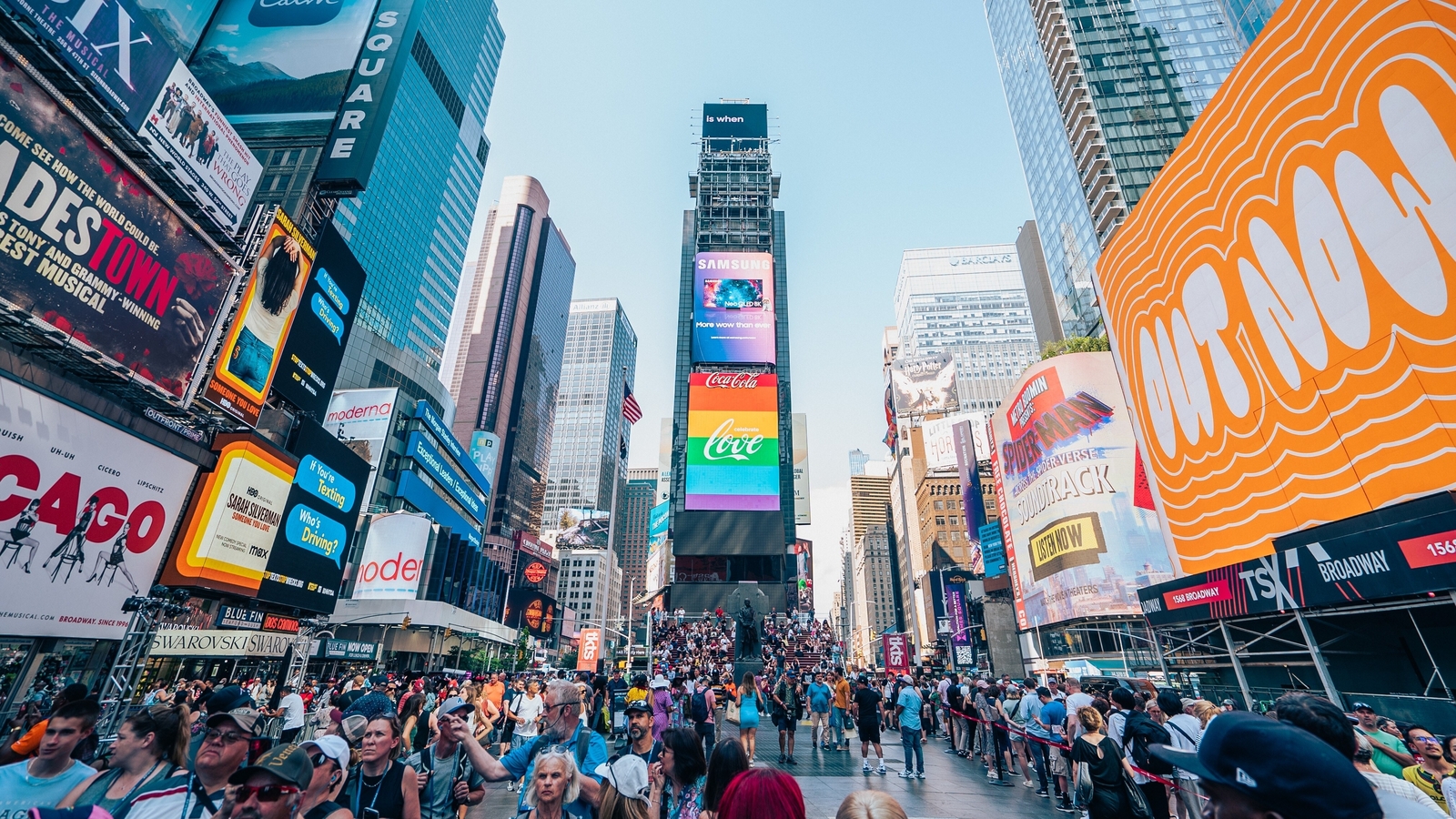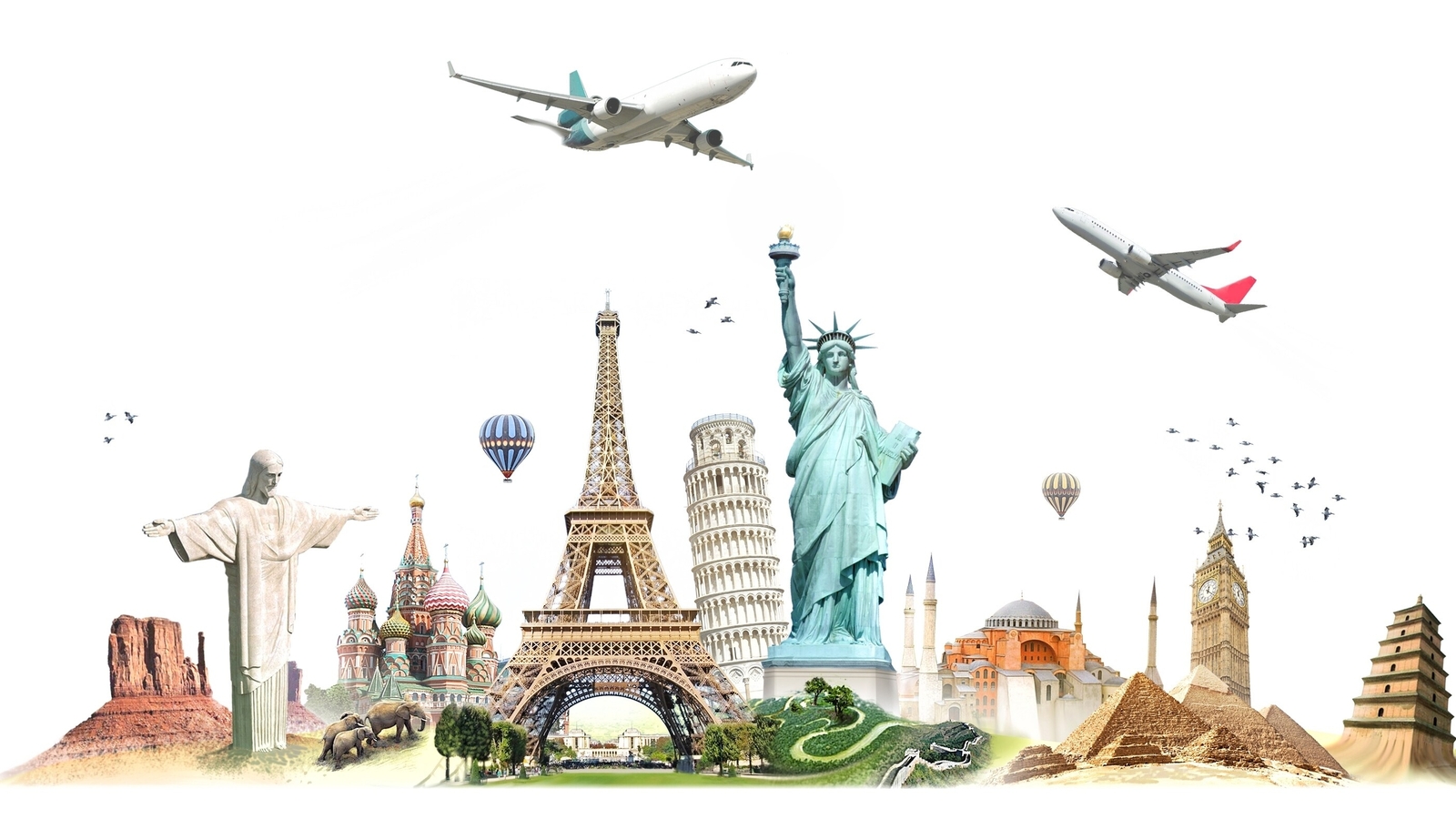Many European firms exposed to possible US tariffs

After Canada, Mexico and China, US President Donald Trump has now targeted the European Union with tariffs, pledging to soon slap 25 percent levies on goods coming from the 27-nation bloc.
The United States is a key market for many EU sectors, with Brussels putting its trade surplus with Washington at $50 billion.
Here are the sectors likely to be hit hard by US tariffs.
About 25 percent of EU steel exports go to the United States, according to the Roland Berger consultancy.
Additional tariffs would further harm the industry which according to France’s industry and energy minister is already “close to the breaking point”.
Demand for steel in Europe has fallen by a quarter over the past five years, due the difficulties faced by the auto and construction industries.
Every year more than a million vehicles cross the Atlantic between the EU and North America, according to the trade association of European carmakers.
Motor vehicles are one of the top three EU exports to the United States, according to the European Commission.
Germany is the most exposed, with the United States its second-largest export market following China.
European automakers are already struggling with soft global demand, high energy costs and fierce competition from new Chinese rivals.
The industrial chemicals and pharmaceutical industries are also big exporters to the United States.
The chemicals sector, hobbled by high energy costs, is already struggling and has pleaded with Brussels for immediate help to restore its competitiveness.
Germany, home to firms like Bayer and BASF, would again face lots of pain from US tariffs.
Ireland is also highly exposed it accounts for nearly 30 percent of US imports of medicines and pharmaceutical products.
The European food industry still has painful memories of Trump’s first term in office, particularly the wine industry, when he slapped 25 percent on some products including wine and cheese.
With the United States is the top export market for the French wines, France was particularly hard hit.
Renewed tariffs on cognac would be particularly painful for the industry as it is already subject to punitive levies from China.
The aerospace and luxury industries are expected to be impacted to a lesser extent.
Airbus CEO said earlier in February that the company’s extensive manufacturing base in the United States would help insulate it from the impact of tariffs.
The McKinsey consultancy recently estimated that higher tariffs could result in US consumers reducing their spending by up to $78 billion per year.
LVMH, the world’s top luxury house, generates a quarter of its revenue in the United States, but its CEO Bernard Arnault said last month the company intends to “act calmly” instead of complaining publicly about US tariffs.
bur-lem-hrc/rl/giv
This article was generated from an automated news agency feed without modifications to text.
Related
European leaders push defense spend amid uncertainty over Trump aid…
This week, the European Commission proposed measures for fiscal flexibility on defense spending and a plan to borrow 150 billion euros ($163 b
Europe rallies behind Zelensky as US announces new talks with…
EU leaders rallied around Ukraine and agreed to boost the bloc's defences at a crisis summit Thursday, as Washington said talks with Kyiv were back on track
European markets recoup most losses; Autos gain on tariff exemption
This was CNBC's live blog covering European markets. European markets ended around the flatline on Thursday after a choppy day of trading as i
Jesse Eisenberg Granted Polish Citizenship: ‘I Am Happy to Be…
Jesse Eisenberg has been granted Polish citizenship by the European country’s president, just months after the actor, writer and director applied.Eisenberg wa












